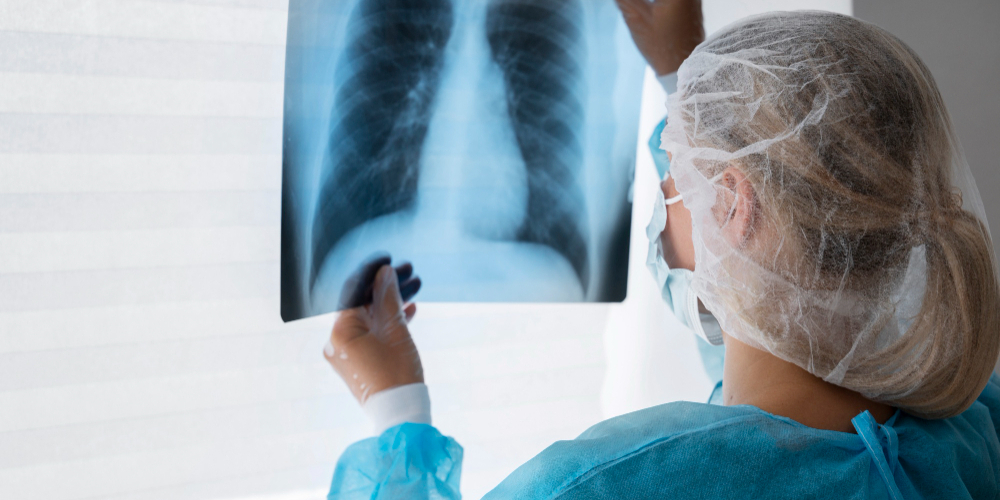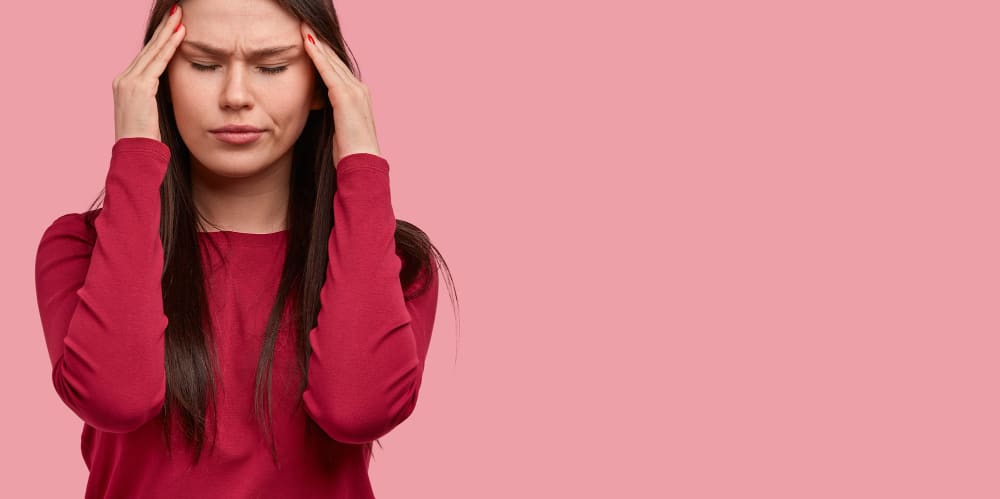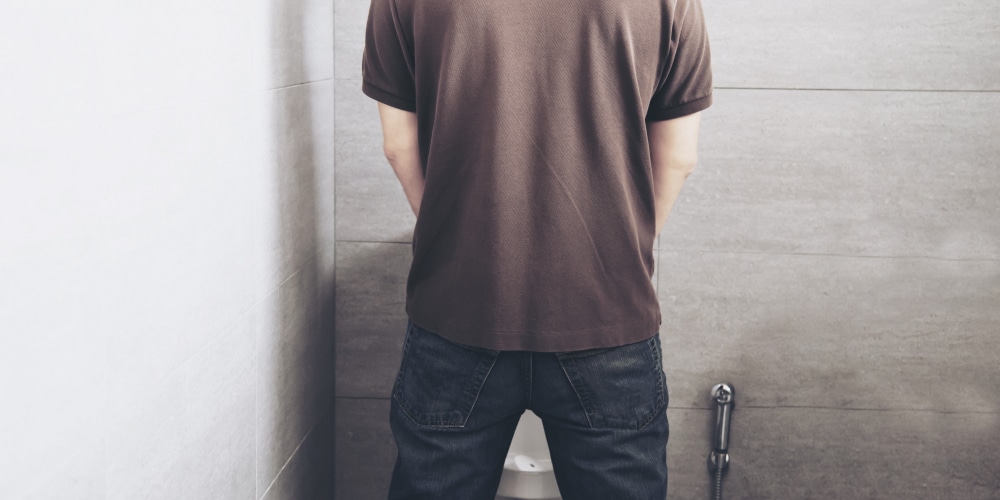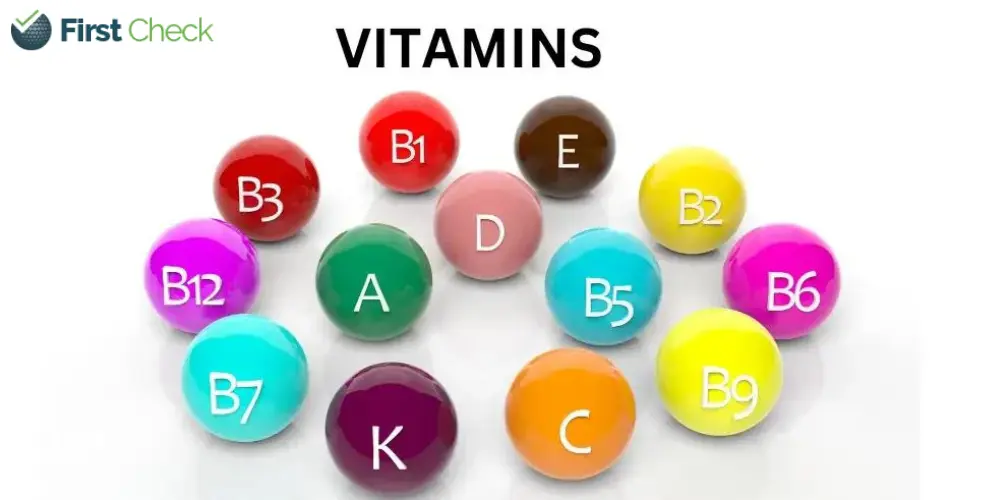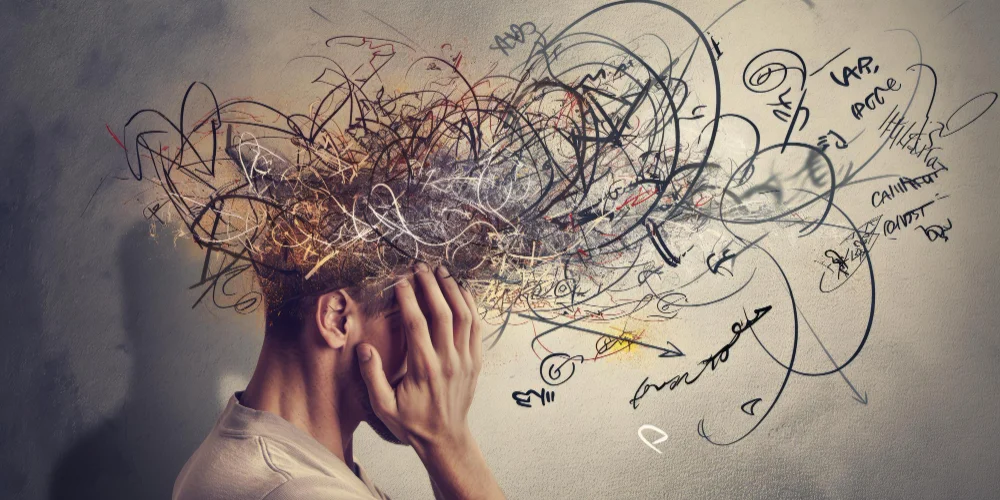
Author
It can cause various physical, emotional, and behavioural symptoms. Treatment may include psychotherapy, medication, or both.
Postpartum depression (PPD) is a type of depression that affects some women after giving birth. Also called “baby blues”, it can occur anytime within the first year after delivery; it usually starts within the first few weeks. PPD can interfere with the mother’s ability to care for herself and her baby, and it can affect her relationships with her partner, family, and friends.
PPD can cause various physical, emotional, and behavioural symptoms such as:
- Feeling sad, hopeless, or worthless.
- Losing interest in activities that used to be enjoyable.
- Having trouble sleeping or sleeping too much.
- Having changes in appetite or weight.
- Feeling restless, irritable, or angry.
- Having thoughts of harming oneself or the baby.
- Having difficulty bonding with the baby.
Watch: Her Mental Health Matters
The exact causes of PPD are not fully understood yet, but they may include:
- Hormonal changes: After giving birth, the levels of estrogen and progesterone drop rapidly, which can affect the mood and brain chemistry of some women.
- Physical changes: Giving birth can cause physical stress, pain, fatigue, and changes in body image, which can affect the self-esteem and confidence of some women.
- Emotional changes: Becoming a mother can cause emotional stress, anxiety, fear, and uncertainty, which can overwhelm some women.
- Environmental factors: Lack of support from the family, marital conflict, domestic violence, or other stressful life events can trigger or worsen PPD in some women.
- Personal factors: Having a history of depression or other mental illnesses, having a difficult pregnancy or delivery, having a premature or sick baby, having an unwanted or unplanned pregnancy, or having unrealistic expectations of motherhood can increase the risk of PPD in some women.
PPD can be diagnosed by a healthcare professional based on conversations with the new mother about her feelings, thoughts, and mental health. The healthcare professional may also perform a physical exam and blood tests to rule out other medical conditions that can cause similar symptoms.
PPD can be treated with psychotherapy, medication, or both. Psychotherapy can help the mother to cope with her emotions, identify and change negative thoughts, learn coping skills, and improve her self-care and relationships. Medication can help to balance the brain chemicals that affect mood and reduce the severity of symptoms.
Some other ways to help treat PPD include:
- Seeking support from family, friends, or support groups.
- Getting adequate rest and sleep.
- Eating a healthy diet and staying hydrated.
- Exercising regularly.
- Avoiding alcohol and drugs.
- Practising relaxation techniques, such as breathing exercises or meditation.
- Seeking help for domestic violence or abuse, if the situation arises.

